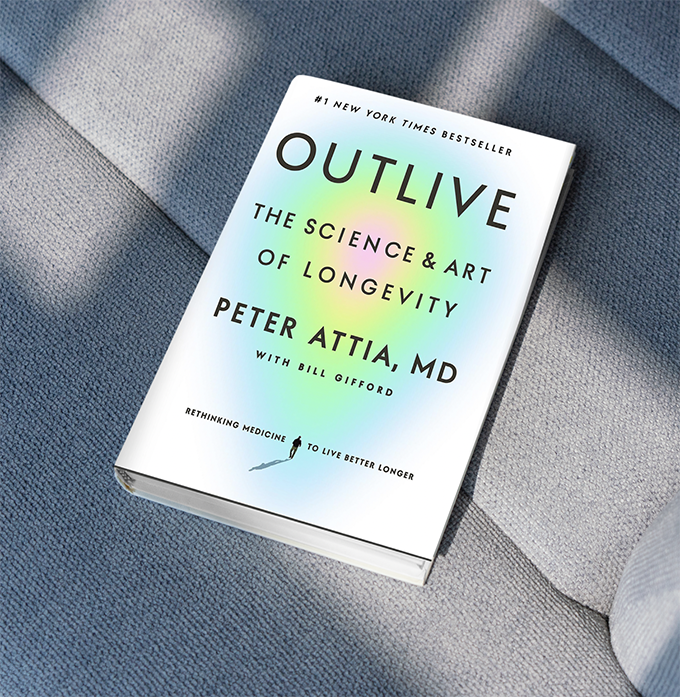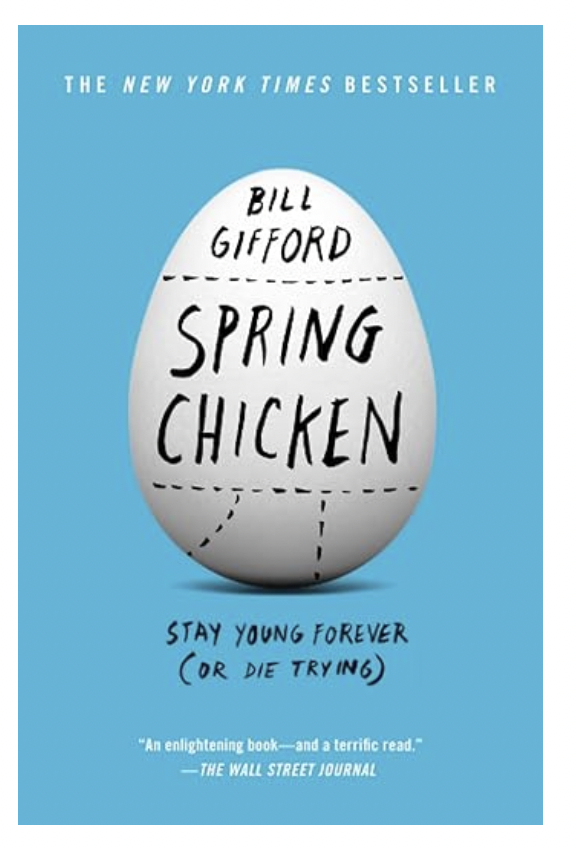Amidst the societal clamour for everlasting youth, the authoritative voice of best-selling author Bill Gifford surfaces, heralding a transformative call to action. Renowned for his insightful works, including
Spring Chicken: Stay Young Forever (Or Die Trying) and the collaborative gem
Outlive: The Science & Art of Longevity, co-authored with Dr. Peter Attia, Gifford challenges the anti-ageing ethos, urging us to embrace ageing while seeking vitality. In this exclusive interview, Gifford offers insights into navigating longer lifespans, reimagining societal support, and prioritising preventative healthcare. With promising advancements in ageing science, Gifford envisions a future of enduring vitality and vibrancy.


